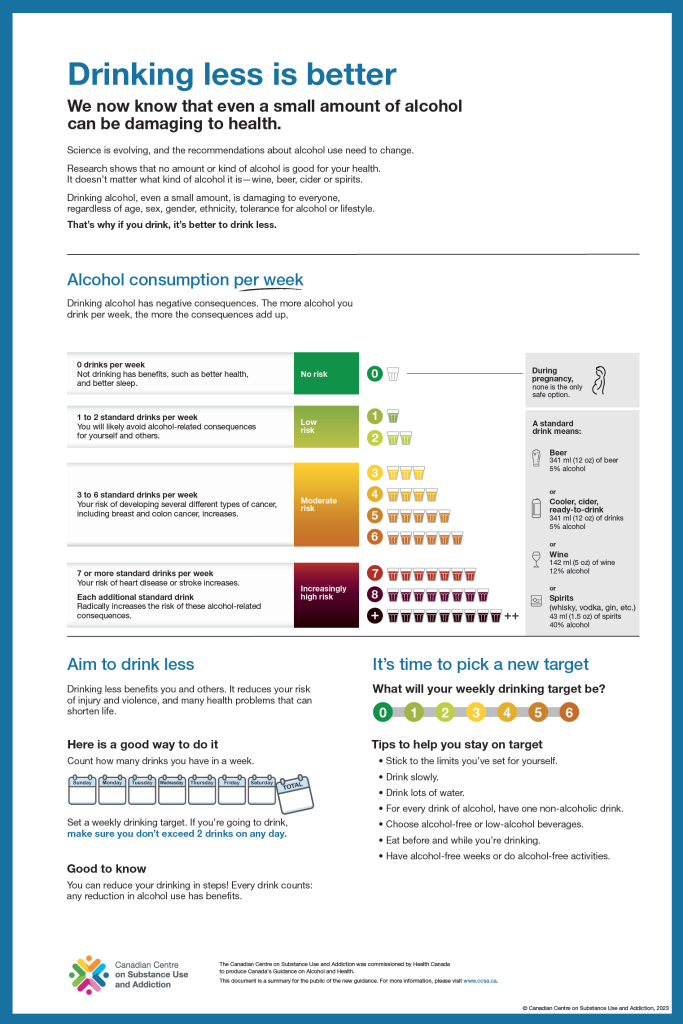Discover the scientific secrets behind alcohol tolerance levels and intoxication thresholds in our eye-opening exploration of beer consumption limits.

Image courtesy of Engin Akyurt via Pexels
Table of Contents
Are you known as the life of the party or the designated driver? Perhaps you’re curious about how alcohol affects your body and the factors that determine how drunk you may feel after consuming a few drinks. The question on many minds is: How many beers does it really take to get drunk? In this blog post, we’ll unravel the mystery by delving into the science behind alcohol metabolism, individual tolerance levels, and various factors influencing intoxication.
The Science Behind Alcohol Metabolism
Alcohol metabolism is a complex process that occurs primarily in the liver. When you consume alcohol, it is broken down by enzymes in the liver into acetaldehyde and then into acetate, which is further metabolized into carbon dioxide and water. The rate at which alcohol is metabolized depends on various factors, including the amount consumed, the presence of food in the stomach, and individual differences in enzyme activity.
One crucial concept to understand when discussing alcohol metabolism is Blood Alcohol Concentration (BAC). BAC is a measurement of the amount of alcohol in your blood, expressed as a percentage. The legal limit for driving in most places is typically around 0.08% BAC. As your BAC increases, so does the level of impairment you may experience.
Individual Tolerance Levels
Individual tolerance levels to alcohol can vary significantly from person to person. Factors such as genetics, liver function, and previous alcohol consumption can all play a role in determining how someone responds to alcohol. Some people may have a higher tolerance and require more drinks to feel intoxicated, while others may feel the effects after just a few sips.
It’s essential to recognize your own tolerance level and know when to stop consuming alcohol to avoid reaching dangerous levels of intoxication. Pay attention to how alcohol affects your body and be mindful of any warning signs that indicate you may be drinking too much.
Factors Influencing Intoxication
Several factors can influence how intoxicated you become after drinking alcohol. One crucial factor is the presence of food in your stomach. Consuming food before or while drinking can help slow down the absorption of alcohol into your bloodstream, potentially reducing the effects of intoxication.

Image courtesy of via Google Images
Hydration is also essential when drinking alcohol. Dehydration can exacerbate the effects of alcohol on your body, leading to increased impairment and discomfort. Be sure to drink water between alcoholic beverages and stay hydrated throughout the night.
Additionally, the pace at which you consume alcohol can impact how drunk you feel. Drinking rapidly can lead to a sudden spike in BAC, increasing the likelihood of experiencing severe intoxication. Pace yourself and give your body time to metabolize the alcohol you consume.
Other factors that can influence intoxication include gender, age, and medication. Women tend to absorb alcohol more quickly and metabolize it more slowly than men, leading to higher BAC levels for the same amount of alcohol consumed. Age can also affect how your body processes alcohol, as metabolism tends to slow down with age. Certain medications can interact with alcohol and enhance its effects, so it’s essential to be aware of any potential interactions.
Conclusion
So, how many beers does it really take to get drunk? The answer is not a simple one, as it depends on a variety of factors unique to each individual. Understanding the science behind alcohol metabolism, recognizing your own tolerance levels, and being mindful of the factors that influence intoxication is key to consuming alcohol responsibly and safely.
Whether you’re someone who can handle several beers before feeling intoxicated or someone who becomes tipsy after just one drink, knowing your limits and making informed choices about alcohol consumption is paramount. Remember to always drink responsibly, pace yourself, and prioritize your well-being when enjoying a night out. Cheers to a safe and enjoyable drinking experience!
FAQ
How long does it take for the body to metabolize alcohol?
On average, the body metabolizes alcohol at a rate of about one standard drink per hour. Factors like age, weight, and liver function can affect this rate.
Does eating food before drinking help reduce intoxication?
Yes, consuming food before or while drinking can help slow down the absorption of alcohol into the bloodstream, potentially reducing the effects of intoxication.
Are there any ways to improve alcohol tolerance?
Improving alcohol tolerance is not recommended as it can lead to health risks and increased alcohol-related problems. It’s essential to know your limits and drink responsibly.
Why do some people have higher alcohol tolerance levels than others?
Genetics, liver function, and previous alcohol consumption can all play a role in determining an individual’s alcohol tolerance levels. These factors can vary from person to person and influence how someone responds to alcohol.
Generated by Texta.ai Blog Automation
Leave a Reply